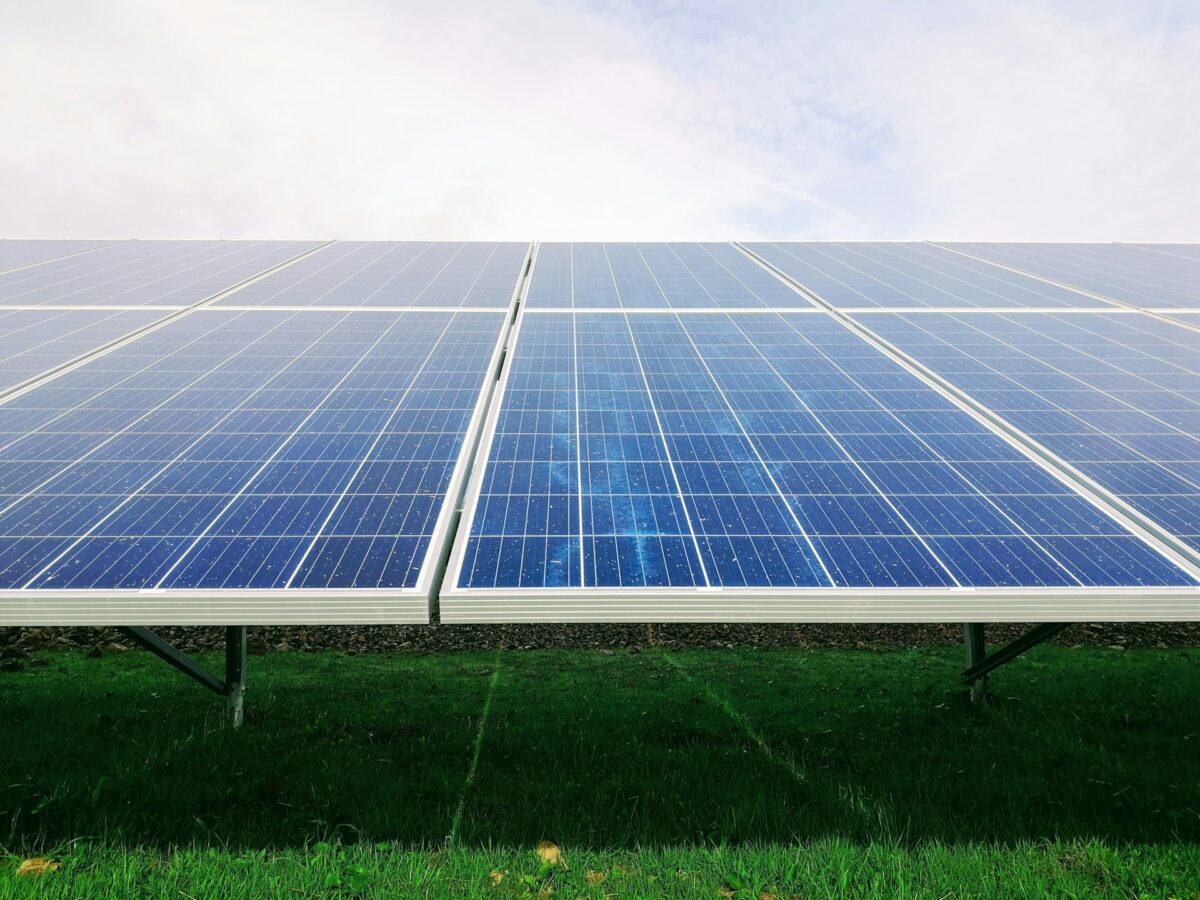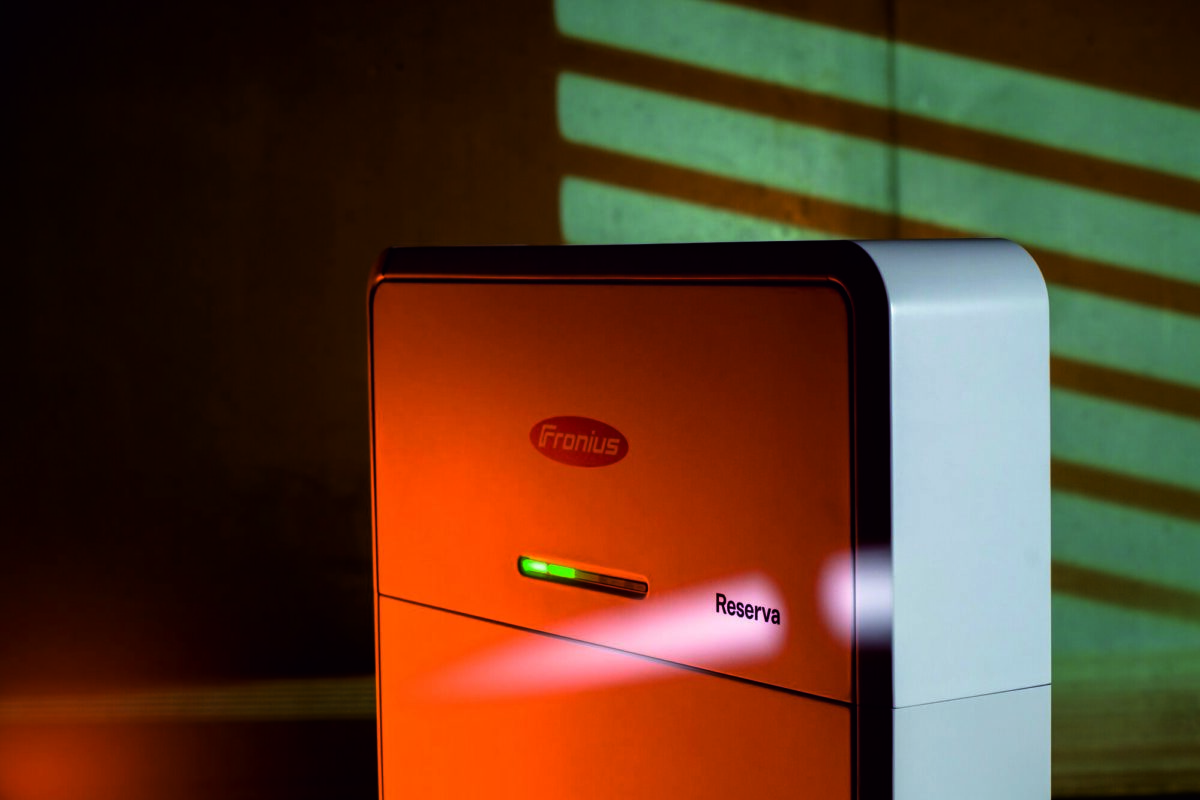The archipelago of Visayas – one of three principal island groups of the Philippines – has committed to 760 MW of new solar projects, according to data from the country’s DOE.
By June 2024, the region had 25 renewable energy projects that had reached financial close and were under construction, with a total potential capacity of 1.98 GW.
Solar represents the largest share of the total capacity, at 38.37%, or 760 MW. Wind accounts for 26.01%, equivalent to 516 MW, while battery energy storage systems (BESS) account for 15.64% of the total at 310 MW. Geothermal, hydro and biomass projects are also underway.
The selected solar projects include Solar Philippines Visayas Corp.'s 300 MW facility in Kananga and Ormoc, San Isidro Solar Power Corp.'s 226.84 MW site in San Isidro, Citicore's 70 MW project, and PetroGreen Energy Corp.'s 20.62 MW project in Dagohoy.
Energy Development Corp. is developing two BESS projects, each totaling 30 MW, while San Miguel Global Power BESS Power has a 20 MW project in Tabango.
According to DOE data, Visayas has 55 additional power projects in the planning stage, with a combined potential capacity of 16.5 GW.
As of May 2024, Visayas was home to 76 power plants. They have a collective capacity of 3,334 MW, with renewables accounting for 49% of the total.
The Philippines has set a target of reaching 35% renewables in its power generation mix by 2030, with plans to increase to 40% by 2040 and to more than 50% by 2050.
The DOE released figures in May indicating the Philippines could switch on nearly 2 GW of solar capacity this year, along with 590 MW of battery storage.
This content is protected by copyright and may not be reused. If you want to cooperate with us and would like to reuse some of our content, please contact: editors@pv-magazine.com.




By submitting this form you agree to pv magazine using your data for the purposes of publishing your comment.
Your personal data will only be disclosed or otherwise transmitted to third parties for the purposes of spam filtering or if this is necessary for technical maintenance of the website. Any other transfer to third parties will not take place unless this is justified on the basis of applicable data protection regulations or if pv magazine is legally obliged to do so.
You may revoke this consent at any time with effect for the future, in which case your personal data will be deleted immediately. Otherwise, your data will be deleted if pv magazine has processed your request or the purpose of data storage is fulfilled.
Further information on data privacy can be found in our Data Protection Policy.